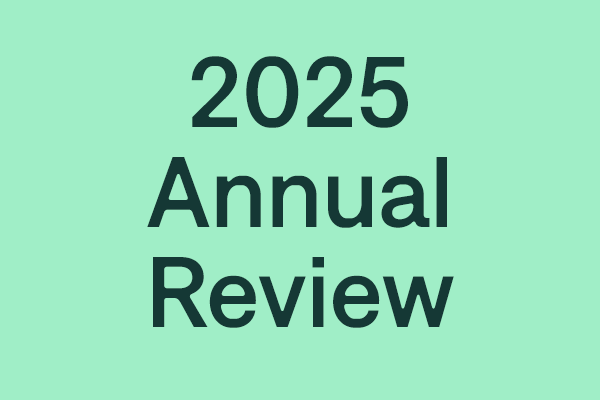New research examining support programs for Australians facing barriers to employment has shone fresh light on ‘what works’ to better target investment and help secure enduring and positive outcomes for individuals and their families.
Access to sustained, quality employment can catalyse economic mobility and improve well-being across generations. The Deloitte Access Economics report, commissioned by PRF, synthesises existing research and case studies from for-purpose organisations to demonstrate the costs and benefits associated with tailored models of support to specific cohorts outside of the mainstream employment service system.
The report’s key findings underscore how tailored employment programs, when properly funded, based on agency and trust and aligned with jobseekers' needs and goals, can significantly improve outcomes for individuals furthest from the labour market. The research also reveals the materiality and range of costs faced in delivering tailored employment programs. Drawing on data from a sample of PRF partner organisations, the research finds that:
- The costs associated with delivering tailored employment supports range considerably, from $6,100 to $83,300 per outcome.
- There is variation in the cost to achieve employment outcomes, which reflects the range of cost drivers such as the number of participants, the outcomes rate, the comprehensiveness and duration of support on offer and geography.
The cost of delivery associated with these employment programs can be used to demonstrate the resourcing required to deliver outcomes for those facing complex barriers to work and to highlight variation in costs for models with specific and targeted supports. Alongside the report, PRF and Deloitte have provided a cost collection tool and user guide to support organisations in the sector to better understand and calculate their costs per outcomes over time.
Alongside these costs, the report also provided a summary of the evidence from the literature on the benefits of employment for individuals and families, governments and broader society. Beyond income gains, employment improves health, reduces welfare costs, boosts tax revenue, and mitigates the social impacts of unemployment. The economic benefits of employment extend across generations. Long-term analysis shows that overcoming persistent unemployment positively impacts the employment and wellbeing outcomes of individuals’ children and families, now and into the future.
The report – Understanding the Benefits, Costs, and Funding Flows to Tailored Jobseeker Supports – is designed to support the for-purpose ecosystem, including organisations delivering, funding and researching employment support programs.
PRF Chief Impact Officer Ben Gales said the research presented a new evidence base and useful tool for policymakers, funders and organisations committed to strengthening employment outcomes for people furthest from the labour market.
“This report affirms that sustainable employment can positively impact future employment prospects and outcomes across generations, providing agency and creating substantial social value beyond individual earnings so people have what they need to thrive,” he said.
“For funders like PRF, this research improves our understanding of the support models that work best for people experiencing the most complex barriers to employment, so we can work with government and others to make effective investments that support meaningful economic and social participation that put the job seeker at the centre.”
Deloitte Access Economics partner Matt Wright said the research emphasised the importance of tailored supports for people facing complex barriers to enduring employment.
“The research also highlights that the most effective, higher-intensity interventions for those furthest from the labour market tend to bring additional costs and provides a framework to calculate that cost,” he said.
“The accompanying costing tool is designed as a starting point for for-purpose organisations to track their costs and outcomes over time. The organisational-level return on investment analysis this enables will be most effective when repeated - allowing ongoing learning and refinement, and with longitudinal data, enabling a better understanding of impact.”
One of the PRF partners involved in the research was Vanguard Laundry, a work integrated social enterprise creating jobs within a commercial laundry for people with acute mental health issues, migrants and refugees, young people and First Nations people.
Vanguard CEO Ryan Salzke said the collaborative research had produced insightful results.
“Whilst we already had some internal intelligence around our program costs, the Deloitte Access Economics team were able to apply industry trends and insights to their analysis for a deeper understanding of the benefits and costs of these employment programs,” he said. “This report helps us feel confident that future presentations of our program costs can be more comprehensive and aligned to the expectations of other sector participants.”
The report’s findings spotlight the importance of a tailored, well-resourced approach in the for-purpose sector to create meaningful, lasting employment pathways. One-size-fits-all programs often fail to address the multifaceted needs of individuals with barriers to employment, such as low confidence, limited education, or geographic isolation. By aligning program investment with participants’ needs, these targeted models can effectively reduce long-term unemployment, improve family stability, and strengthen community.
If you are interested in finding out more about the report and the comprehensive framework, register your interest to attend a webinar in the new year.











